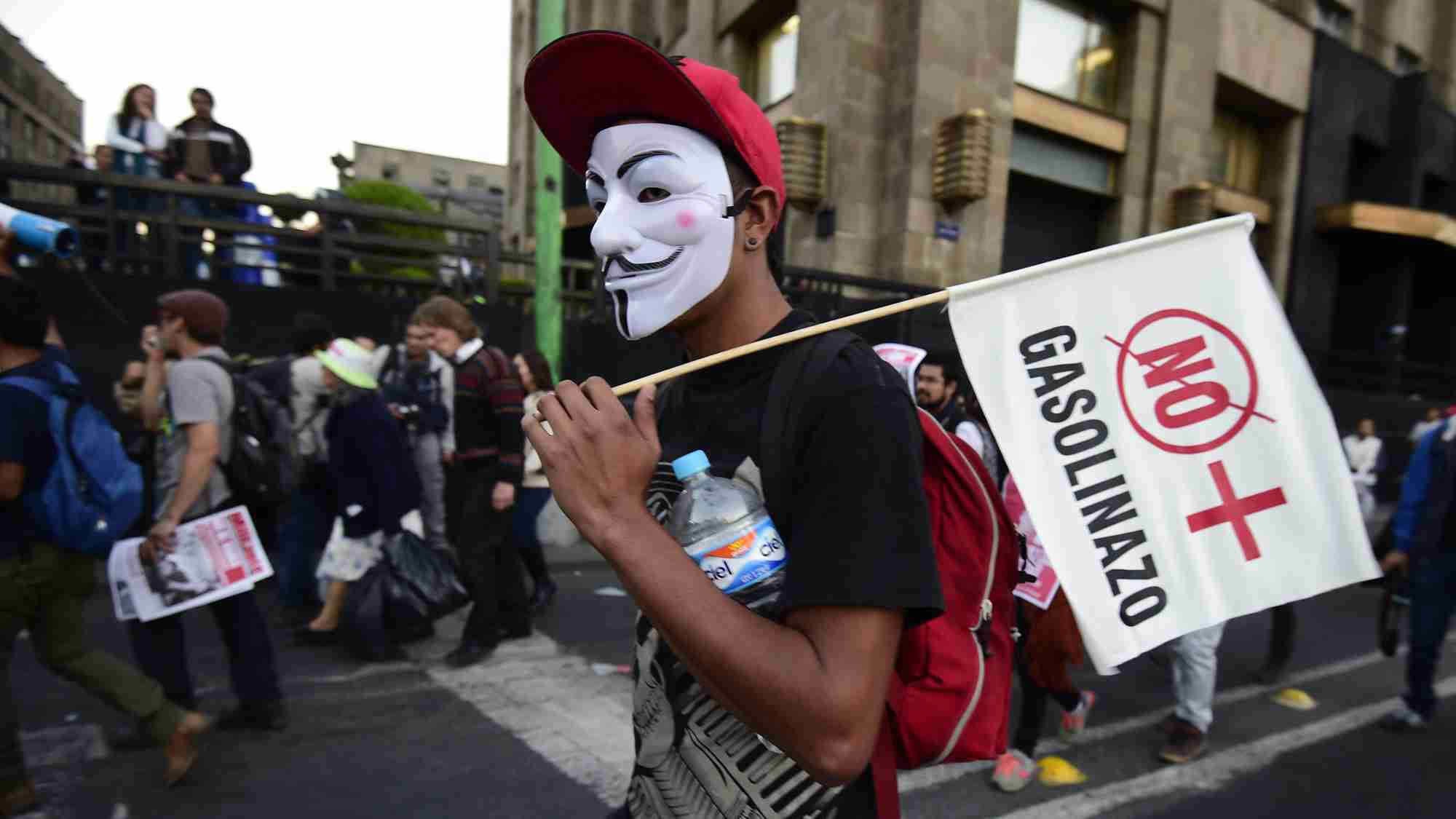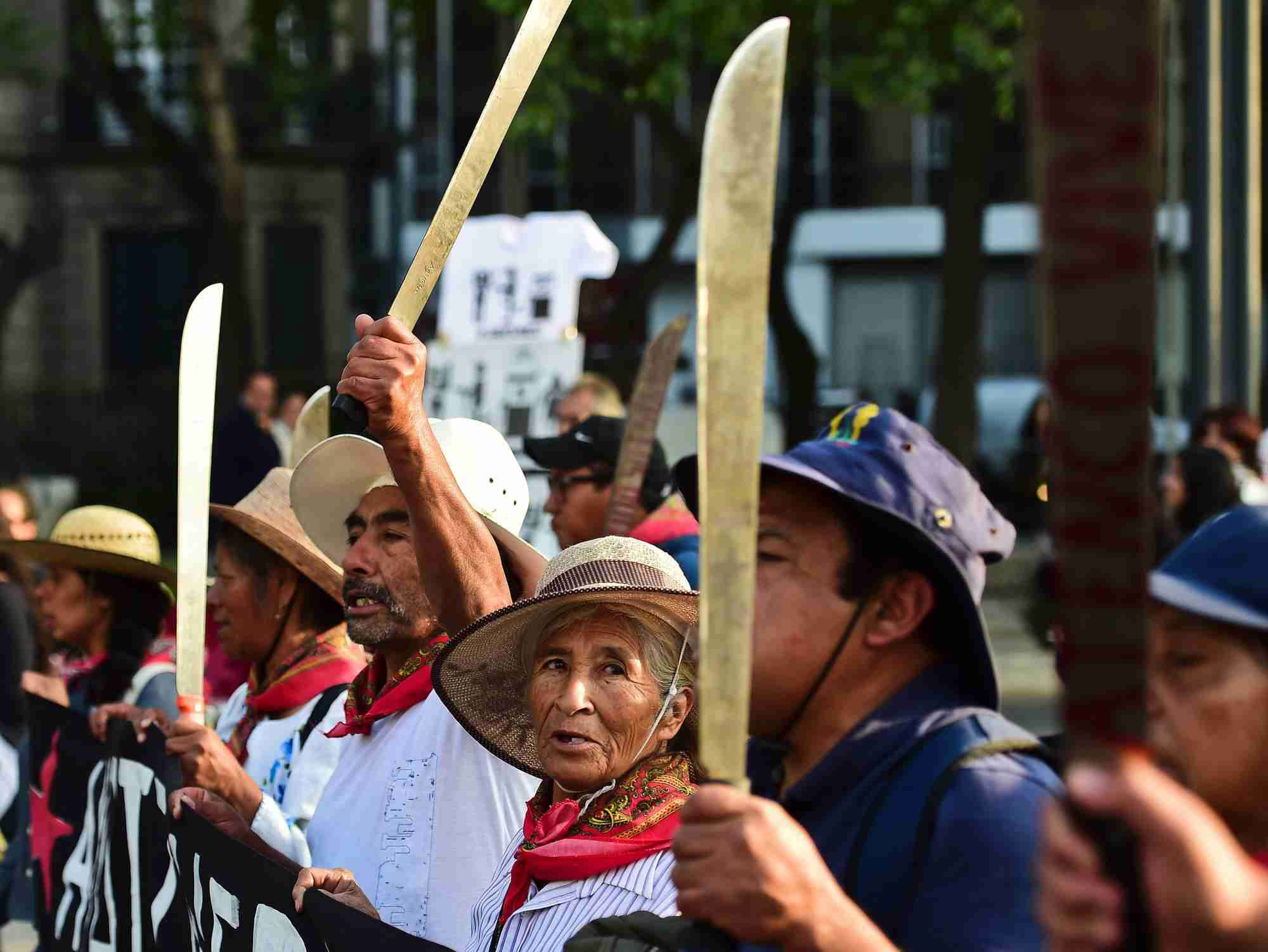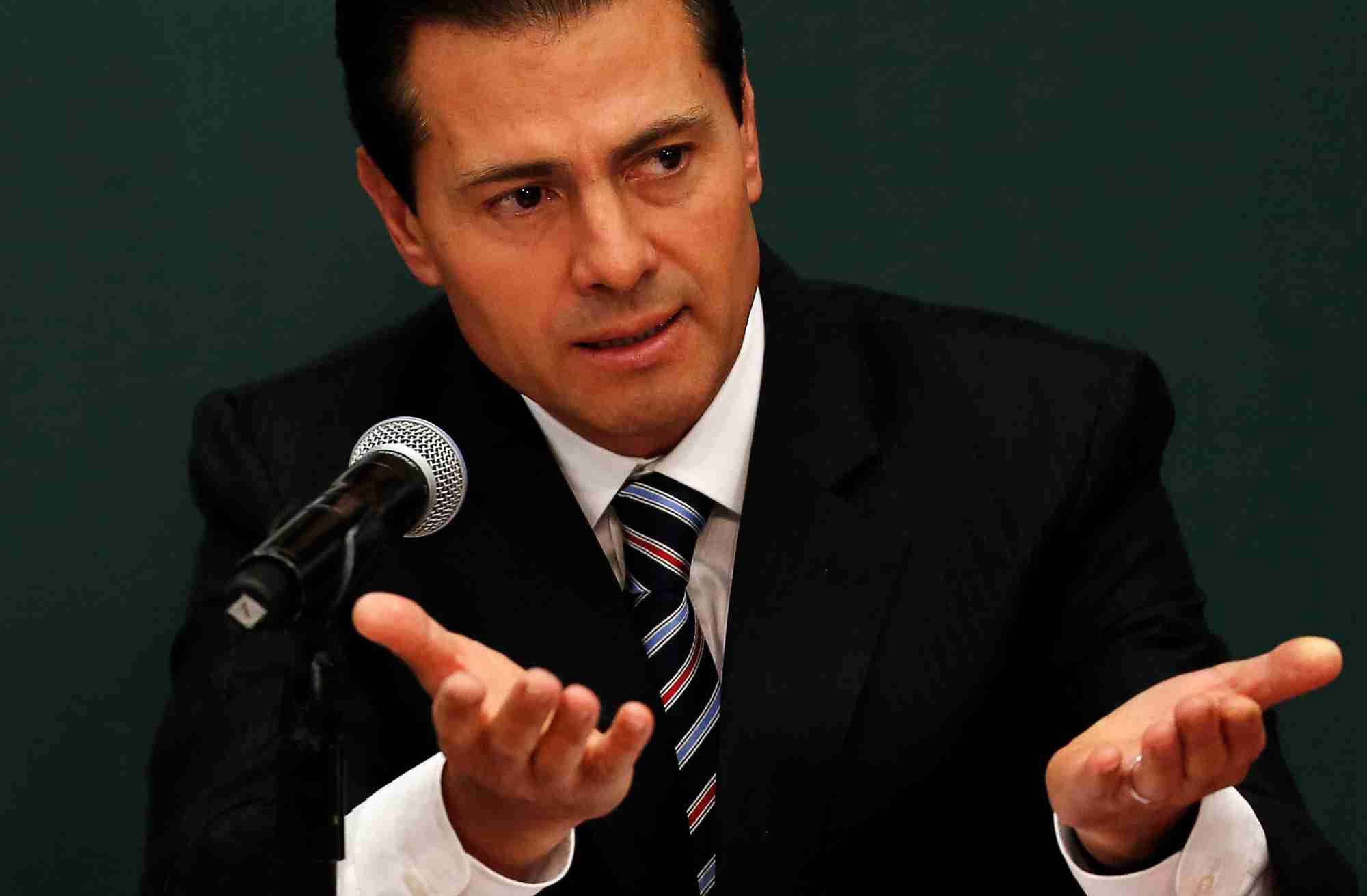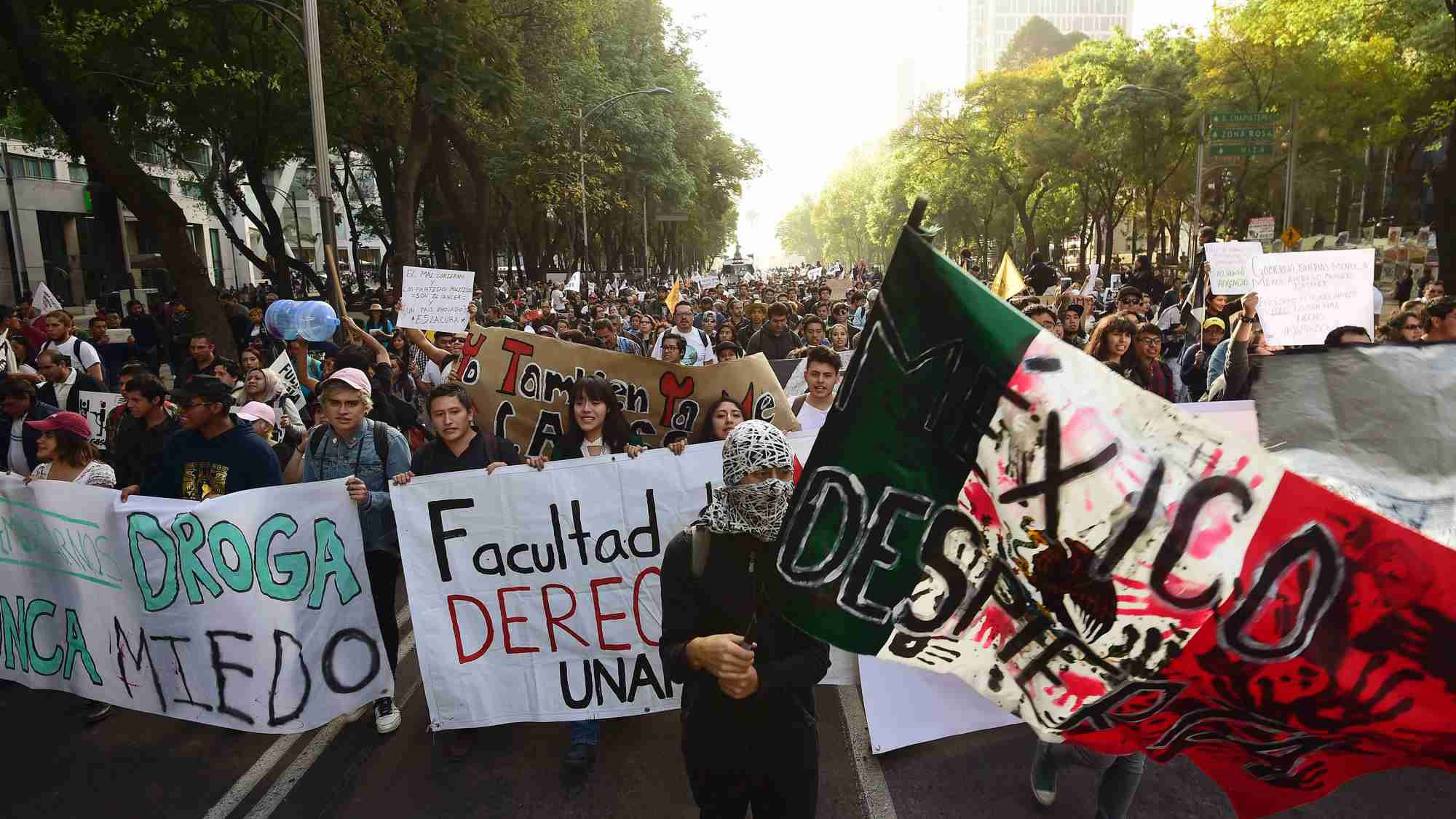
China
14:29, 10-Jan-2017
Vandalism amid Mexico oil protests 'very worrying': OECD chief
Updated
10:33, 28-Jun-2018

A wave of vandalism sparked by an up to 20-percent increase in oil prices in Mexico is a cause for concern, the head of the Organization for Economic Cooperation and Development (OECD) said on Monday.
Asked to comment on the price hike in a phone-in interview with Mexican broadcaster Radio Imagen, OECD Secretary-General Jose Angel Gurria said "what is very worrying is this reaction of vandalism that has taken place in many cities, in many places, and many shops."
Since the price increase went into effect on January 1, mass protests have broken out across the country and some 1,500 people have been arrested for clashing with police or looting. At least six people have died in related incidents.

People demand the resignation of President Enrique Pena Nieto, after he did not signal any backpedaling on the government's unpopular decision to increase gasoline prices by up to 20.1 percent in Mexico City on January 9, 2017. /CFP Photo
People demand the resignation of President Enrique Pena Nieto, after he did not signal any backpedaling on the government's unpopular decision to increase gasoline prices by up to 20.1 percent in Mexico City on January 9, 2017. /CFP Photo
Gurria, a former minister of finance in Mexico who is on a working visit, said the oil price increase was a "mathematical" necessity due to the rise in global fuel prices and long-running government subsidies that were no longer sustainable, among other factors.
"Mexico was the only OECD country that did not tax fossil fuels, the only one that subsidized the practice," said Gurria.
He added it was "important" for authorities to prevent the business sector from using the measure as an excuse to raise prices "where there is no relationship to gasoline."

Mexico's President Enrique Pena Nieto gestures as he announces a plan to strengthen the economics for families in Mexico City, Mexico, on January 9, 2017. /CFP Photo
Mexico's President Enrique Pena Nieto gestures as he announces a plan to strengthen the economics for families in Mexico City, Mexico, on January 9, 2017. /CFP Photo
In the meantime, protests and roadblocks continue.
In the central State of Mexico, police on Monday reportedly arrested 662 people suspected of looting 199 stores during protests last week.
In the northern city of Monterrey, officials on Monday reported 110 people had been arrested for disturbing the peace and looting.
The "gasolinazo," as the hike is called, has unleashed public anger at the government. The former governor of Veracruz state and member of the ruling party, Javier Duarte, recently went into hiding after being accused of misappropriating state funds.

People march to demand the resignation of President Enrique Pena Nieto in Mexico City on January 9, 2017. /CFP Photo
People march to demand the resignation of President Enrique Pena Nieto in Mexico City on January 9, 2017. /CFP Photo
The hike also came at a time when headlines have been full of news about exorbitant end-of-year bonuses given to members of congress, who already enjoy huge salaries and expense accounts.
Leading news magazine Proceso on Monday compared Mexico's "gasolinazo" to a similar episode in Venezuela in 1989 that eventually led to a change in government and ushered in an era of socialism.
(With inputs from Xinhua)
12474km

SITEMAP
Copyright © 2018 CGTN. Beijing ICP prepared NO.16065310-3
Copyright © 2018 CGTN. Beijing ICP prepared NO.16065310-3